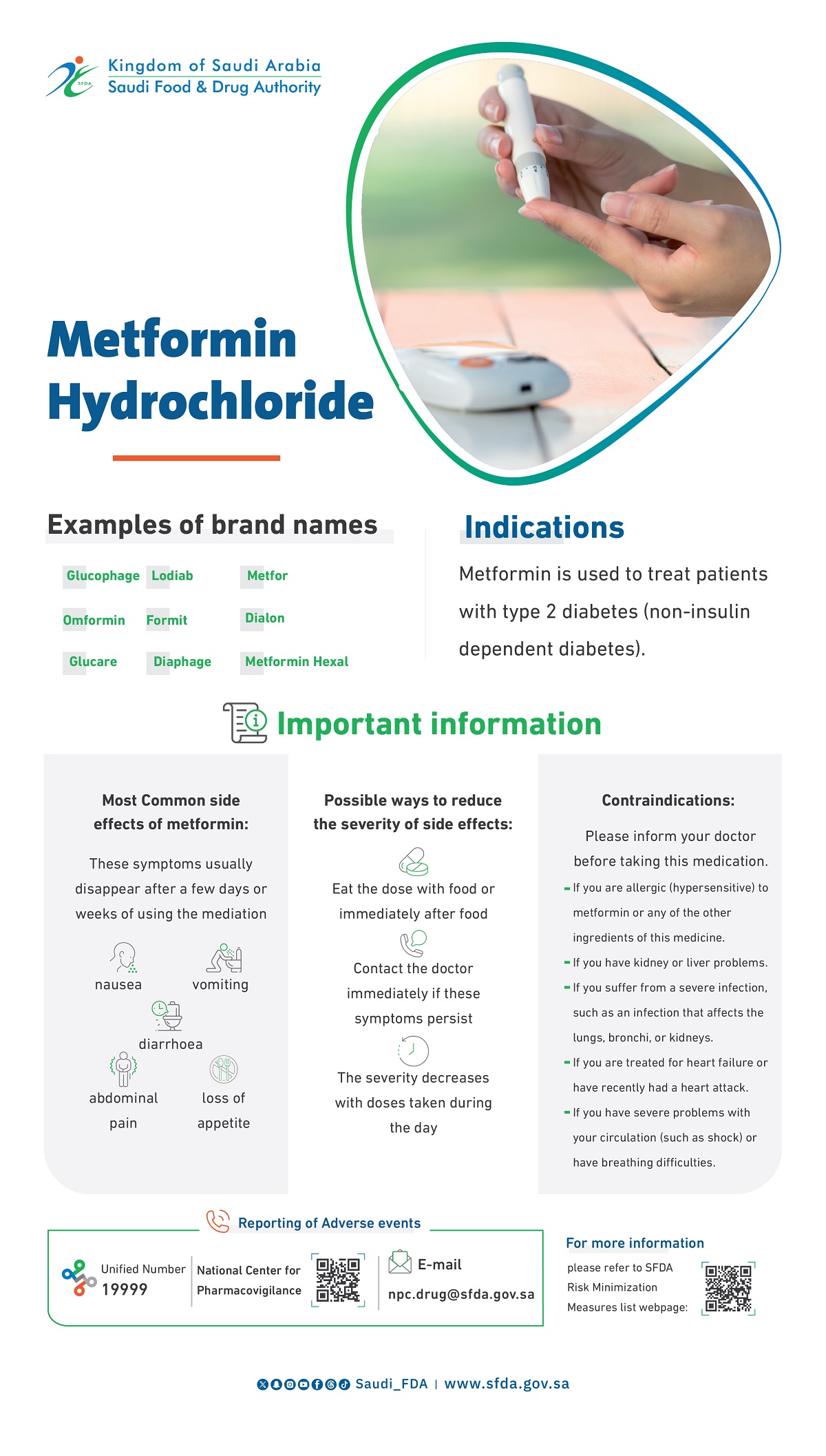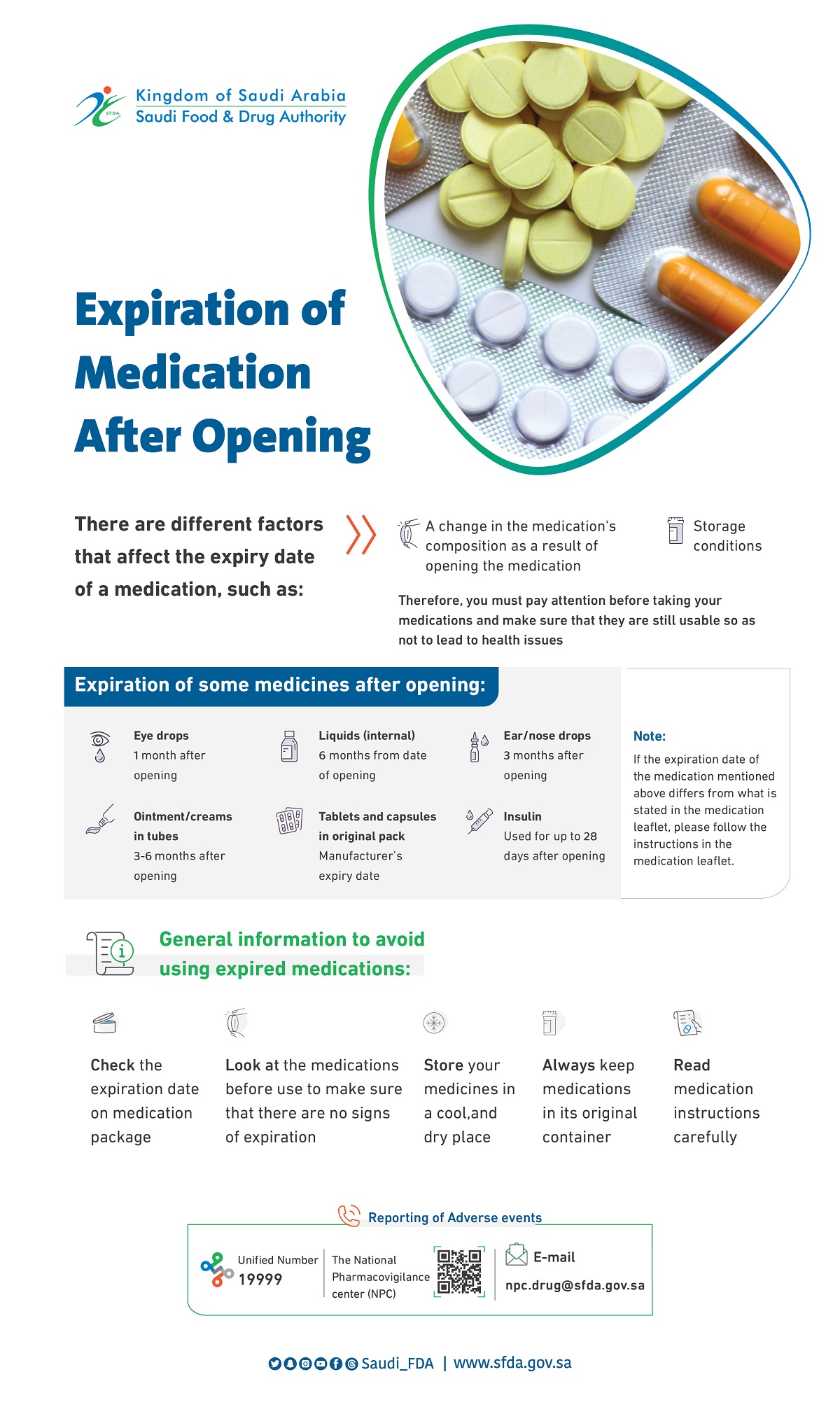

-
About SFDA
About SFDA
SFDA in vision 2030
Authority Strategy
Career and Life
- Information Lists
-
Areas
- Consumer Corner
- Media Centre
- Eservices
High Dose Statins cuts heart risk in elderly
High Dose Statins cuts heart risk in elderly
High Dose Statins cuts heart risk in elderly
2007-07-24
In a recent double blind clinical study performed in 256 different sites from over 14 countries participating in the Treating to New Targets study suggested that additional clinical benefits can be achieved by treating older patients with CHD more aggressively to reduce low-density lipoprotein cholesterol levels to less than 2.6 mmol/L (<100 mg/dL). The findings support the use of intensive low-density lipoprotein cholesterol-lowering therapy in high-risk older persons with established cardiovascular disease.
The goal of the study was to assess the efficacy and safety of high-dose atorvastatin in patients 65 years of age or older. 10 001 patients participated in the trial (3809 patients 65 years of age) with coronary heart disease (CHD) and low-density lipoprotein cholesterol levels less than 3.4 mmol/L (<130 mg/dL).
Patients were randomly assigned to receive atorvastatin , 10 or 80 mg/d. And the results were as follows:
In patients 65 years of age or older, absolute risk was reduced by 2.3% and relative risk by 19% for major cardiovascular events in favor of the high-dose atorvastatin group. Among the components of the composite outcome, the mortality rates from CHD, nonfatal non–procedure-related myocardial infarction, and fatal or nonfatal stroke (ischemic, embolic, hemorrhagic, or unknown origin) were all lower in older patients who received high-dose atorvastatin , although the difference was not statistically significant for each individual component. The improved clinical outcome in patients 65 years of age or older was not associated with persistent elevations in creatine kinase levels.
Source: Annals of Internal Medicine, July 3, 2007




